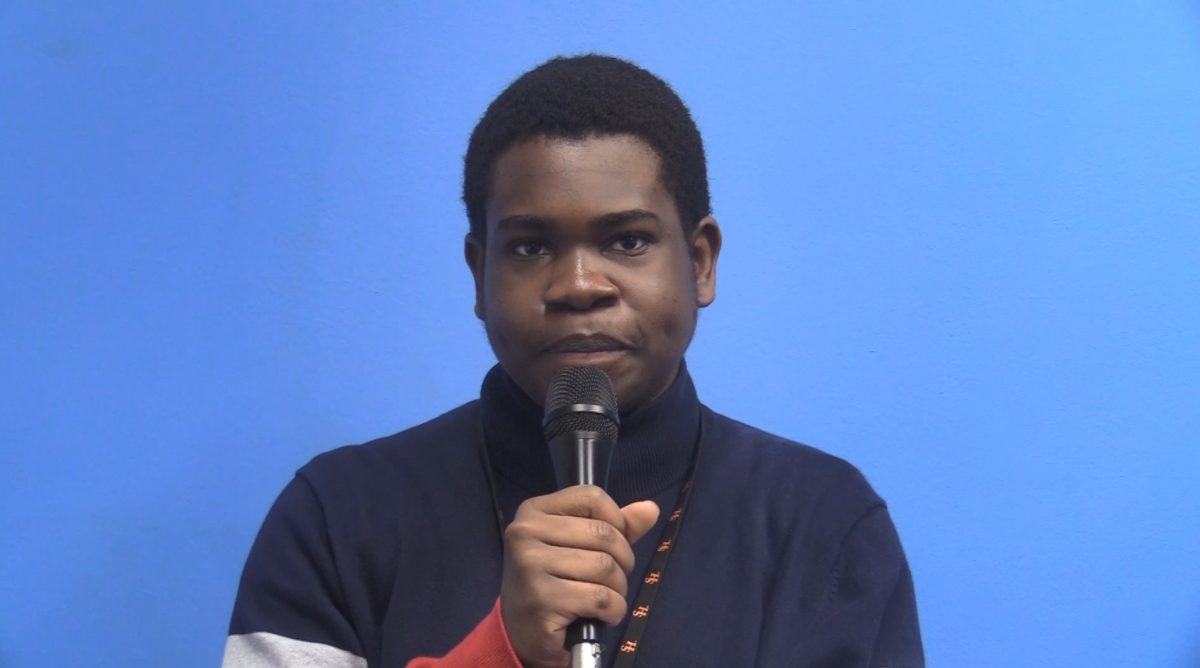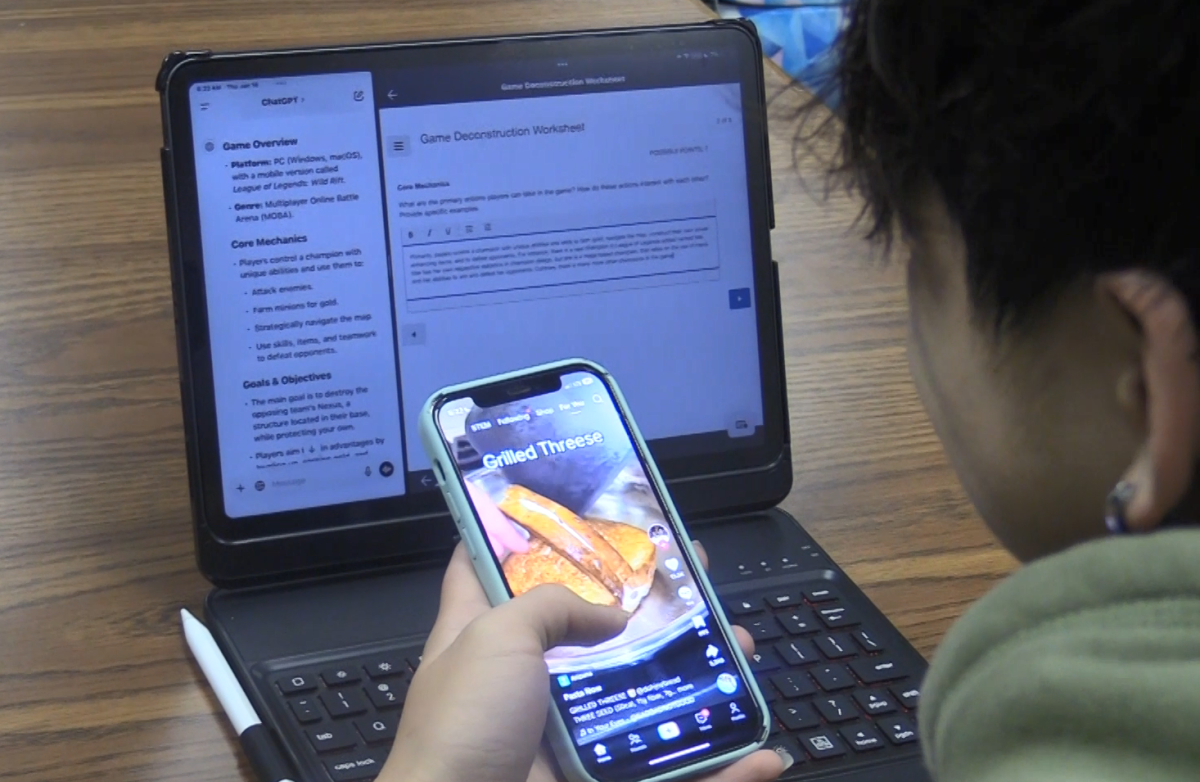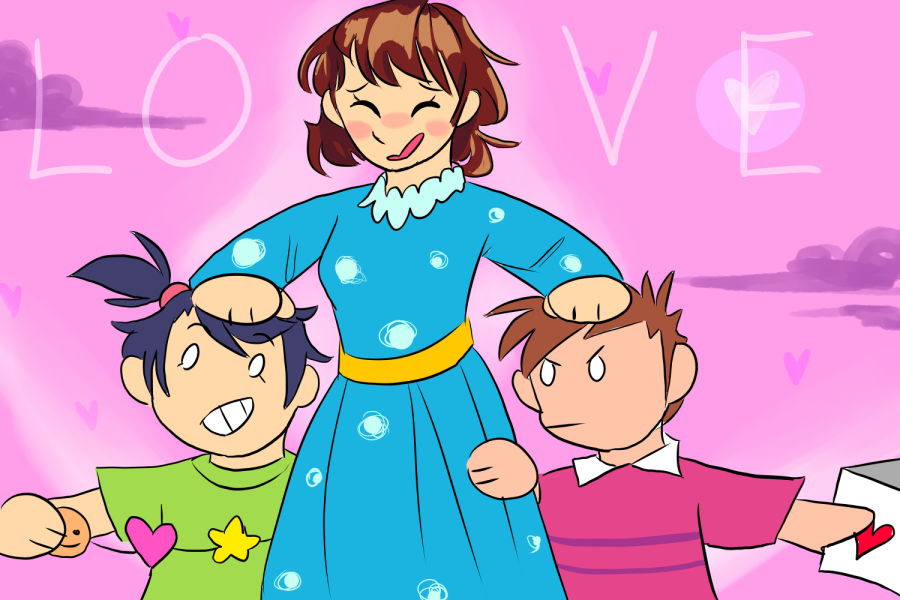From old shows to new shows, certain television programs are definitely popular, or in other words, they have a big role in pop culture. Just like anything else, shows tend to fall in and out of fads. For sophomore Anh L., shows become a popular and stay popular because of humor and mystery, and she makes sure to get her daily dose of both by watching How I Met Your Mother.
“ [I love] the characters [in How I Met Your Mother],” she said. “I love the flashbacks because they show more of the characters and it’s really funny. And the show is really surprising and keeps the mystery going…You want the show to be good and dramatic, but you want a good ending.”
How I Met Your Mother first aired back in 2005 and is in its seventh season, having gained an immense fan base through social media sites such as Facebook and Tumblr. The same can be said for the paranormal drama Supernatural. These shows are popular in society (having high ratings consistently) because of their originality and ability to draw an audience. Shows like Revenge and Once Upon a Time, which began airing more recently are also gaining the same recognition. But extremely well-known shows like Glee and House suddenly lose their quality and begin incorporate unrealistic situations, or “jump the shark.”
“I think a show falls because it doesn’t stand up to the expectations of the audience,” Anh L. said. “After you write an awesome pilot, you need to keep up the hype and write a better plot each time.”
For junior Anh D., a show falls out of popularity because of the excessive number of breaks.
“[A show falls] when they take a big break,” she said. “Pretty Little Liars took a big break [and] I kind of lost interest.”
It seems that when a show is on the brink of taking a break or is suddenly losing its popularity, television producers rush to make a last attempt to hold the audience’s attention and boost their viewer ratings. An example would be a recent episode of Glee, near the midseason finale: the possibility of the sudden death of one of the main cast members resulted in a storm of Facebook messages and Tumblr blog posts, and for “Gleek” (someone who is a fan of Glee) sophomore Wallace W., parting away from his favorite show inevitabley brought sadness.
“I love Glee, I’m a huge fan of Glee, and I almost cried when the [mid]season finale was [on February 12],” he said.
Anh D. thinks these cliffhangers definitely do work to keep the audience’s interest.
“It definitely works; if I caught up with Pretty Little Liars [it would] keep me interested in it…you want something that keeps you on the edge of your seat,” she said. “Cliffhangers are good…it keeps you guessing and it’s frustrating because you want to know more.”
Along with adding twists, when a show generally gets good ratings and becomes extremely popular, television producers use that success to build a spin-off of a show, such as for Grey’s Anatomy and Private Practice. According to Pretty Little Liars watcher senior Dennis C. spin-offs almost never work.
“The original is the original,” he said. “Everything else is a knock-off.”
Watching and involving oneself in a popular television show can relieve stress and form a common ground among people, according to Anh L.
“[Television is] a good way to relieve your inner subconscious needs,” she said. “It connects people… it gives people things in common to talk about because well, a lot of people watch TV, so there’s always chances of them knowing the same shows.”





